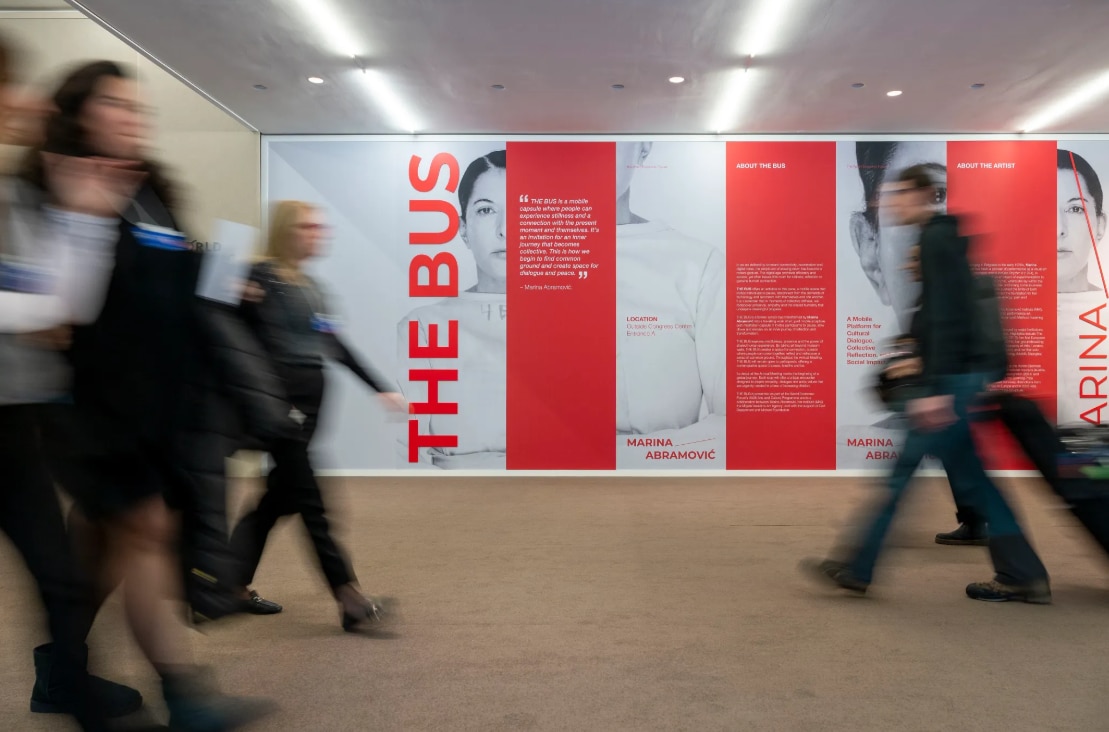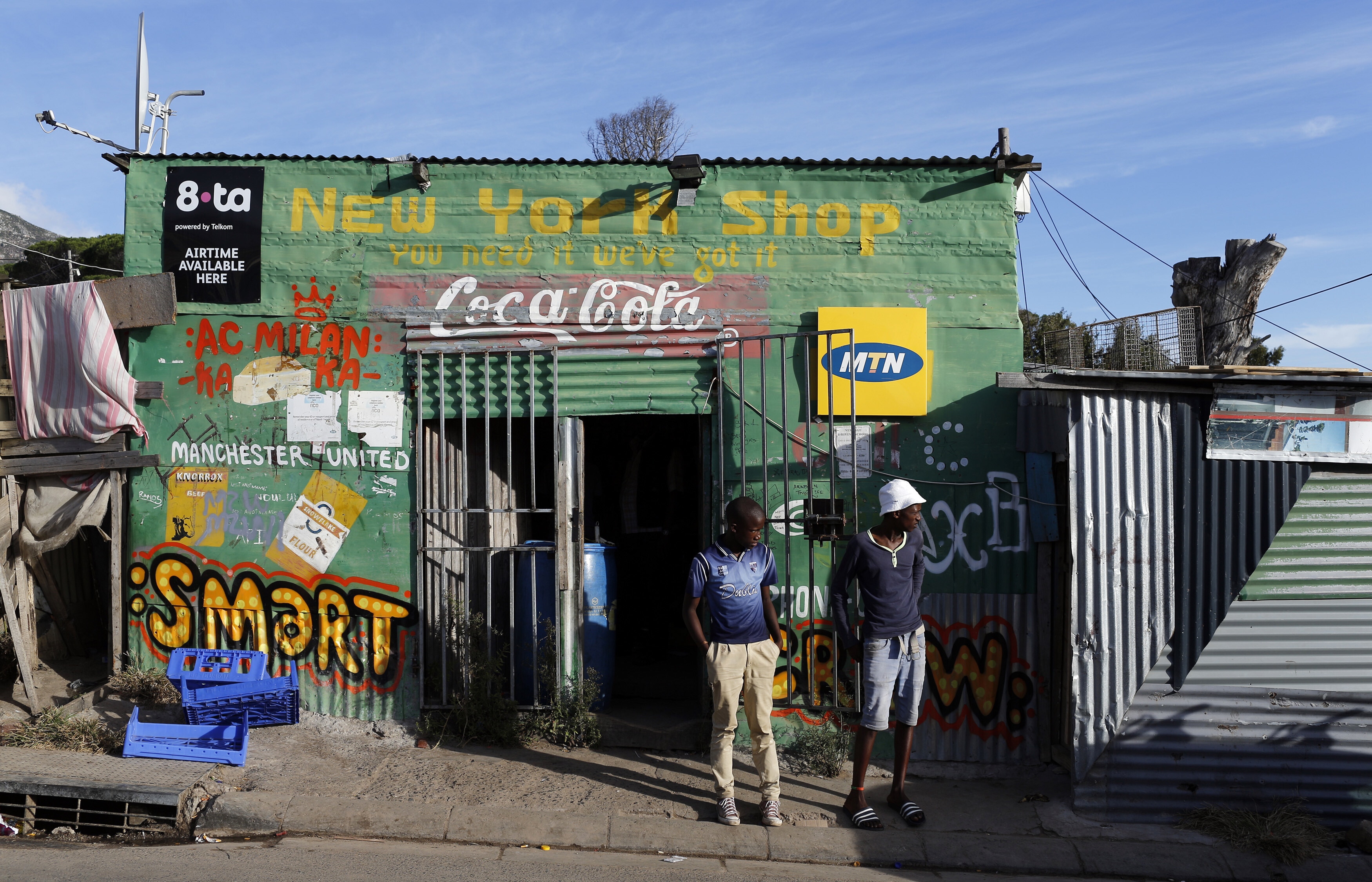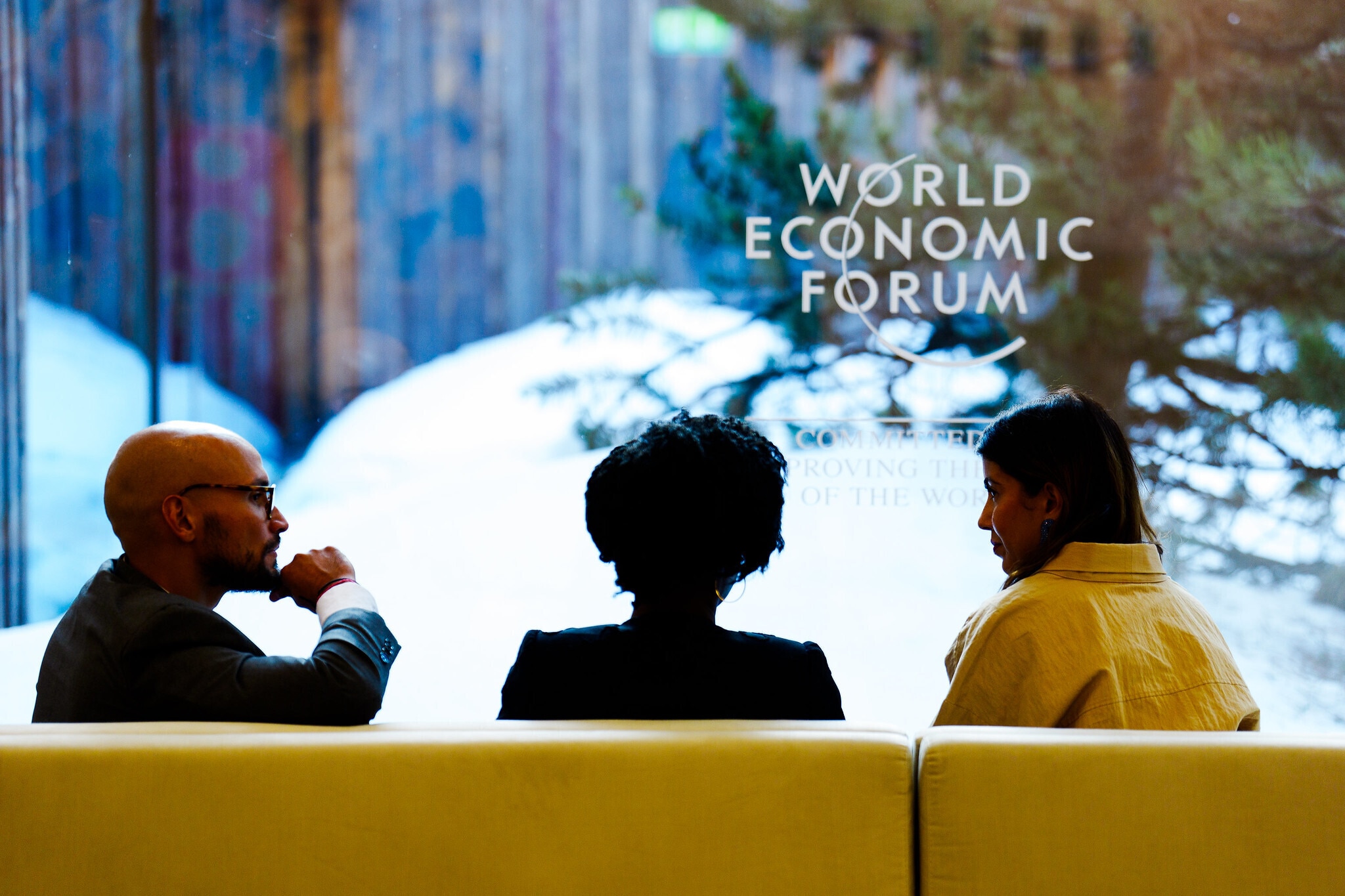How real diversity, equity and inclusion initiatives can help build resilient and inclusive economies

Championing diversity, equity and inclusion is increasingly critical for reviving growth. Image: Getty Images.
- Systematic gaps in economic outcomes persist for underrepresented groups, creating a case for targeted efforts that yield a more level playing field.
- Through its annual Diversity, Equity and Inclusion Lighthouse Programme, the World Economic Forum, together with an independent expert panel have surfaced three cohorts of corporate initiatives for their demonstrated impact.
- The Forum’s Diversity, Equity and Inclusion Lighthouse repository includes 23 case studies, featuring programmes that stand out for their ambition and impact as well as 20 highlighted initiatives that feature innovative and promising design principles.
In the past three years, the World Economic Forum’s Centre for the New Economy and Society has accompanied more than 100 companies in their diversity, equity and inclusion journeys and identified, surfaced and highlighted impactful initiatives globally through its Lighthouse Programme.
The Diversity, Equity and Inclusion Lighthouse Insight Report 2025 features the latest cohort of initiatives selected by an independent expert panel for having achieved significant, scalable, quantifiable and sustained impact for one or multiple underrepresented groups.
Have you read?
This is the state of gender parity in 2024 - and what needs to happen to close the global gender gap
4 ways companies can make real progress on diversity, equity and inclusion
Accelerating diversity, equity and inclusion outcomes with business leadership
Diversity, Equity and Inclusion Lighthouses 2025
The Lighthouse repository, comprising the cohorts from 2023 to 2025, currently includes 23 Lighthouses, as well as 20 cases highlighted for their promising and innovative design features, from across industries and geographies.
The objective of the Lighthouse programme is to surface and scale effective initiatives, equipping leaders with the necessary insights to contribute to faster impact across the global business community and policy-making space, and ultimately shaping more inclusive economies for all.
What are the challenges?
In 2025, leaders in the public and private sectors will be tasked with the challenge of reviving growth in a highly volatile environment while ensuring it does not exacerbate existing economic inequities.
The Forum’s Global Gender Gap Report 2024 highlights the long road ahead to close the economic gender gap, which currently stands at 134 years to parity. Economic gaps faced by people of colour, people with disabilities and people who identify as LGBTQI+ are equally significant and often exacerbated in their intersections.
Our approach to diversity, equity and inclusion
Amid these complexities, anchoring diversity and inclusion in the business world and global economy is becoming increasingly critical for reviving growth, accelerating innovation, reducing inequalities and bolstering resilience.
The business community possesses significant leverage to proactively design and support measures that promote more resilient, vibrant and inclusive economies. Beyond HR programmes, companies can leverage various business functions – such as marketing, R&D, and procurement – to drive meaningful impact.
Research consistently demonstrates the long-term benefits of inclusive policy-making and sustained diversity and inclusion programmes, making inclusion not just a moral imperative, but also a strategic one that promotes sustainable growth and resilience in the face of global risks and challenges.
The eight Lighthouses featured in the Lighthouse Insight Report 2025 were selected by an independent expert panel for their demonstrated impact and ability to inspire others. The report features detailed case studies, highlighting key success factors for each of the initiatives. As there is no silver bullet for advancing diversity and inclusion, the intention behind the case studies is not to provide a list of initiatives to replicate but to illustrate key elements of what contributed to each initiative’s impact. The 2025 cohort of Lighthouses features:
Accenture
For creating an inclusive environment that fully supports LGBTQI+ employees, through allyship creation, comprehensive policies, professional development and equal access to benefits.
- 90 employee networks exist across 45 countries, involving more than 141,000 allies.
- The company celebrated LGBTQI+Pride publicly in 47 countries in FY24, a 68% increase compared to FY23.
- Self-ID utilization increased from 6% in FY22 to 11% in FY24.
Bank al Etihad
For promoting financial freedom and accelerating economic participation for women in Jordan through tailored financial products, non-financial services, and fostering an equitable workplace culture.
- Representation of female clients increased from 26% to 36% since the launch of the initiative in 2014.
- The number of female borrowers grew 16 times, and female depositors by 14 times since 2014, compared to 6 times and 9 times for male borrowers, respectively.
- Women’s representation in the board of directors increased from 9% to 30% since 2014.
Iberdrola
For promoting gender equality in the energy sector by investing in a school for electricians in Brazil, focused on developing STEM skills.
- Female representation in the annual hiring of electricians increased from 1.7% in 2019 to 36.4% in 2024 (data until July).
- 1,015 women were trained.76% of graduates of the training programme secure a job.
Jeronimo Martins
For driving economic empowerment for people with disadvantaged positions, including people with disabilities and refugees, and easier access to the labour market through upskilling and job opportunity creation.
- 1,709 people have participated in in the programme since 2015.
- 47% of trainees were hired after completion of the programme.
LVMH
For supporting the professional development of women through a variety of actions, based on three pillars: parity in key positions, salary equity, and transmission.
- Parity: Representation of women in key positions increased from 23% to 48% since 2007.
- Equity: Ensuring and monitoring salary equity globally through annual audit.
- Transmission: Leveraging the collective power of 14 EllesVMH networks around the world with over 10,000 members.
Schneider Electric
For empowering women through green skills training, investments in technical school upgrades, and support for female entrepreneurs in green ventures to drive the energy transition in Senegal, Mali and Niger.
- 7,204 women have received green skills training since 2021.
- 5,155 women-led green enterprises have been generated through this programme.
Teck Resources
For building inclusion centres that provide a safe space available 24/7/365 at mine sites, offering professional counselling support and promoting awareness of gender-based violence, inclusion and wellness.
- Percentage of women staff in mines in Chile increased from 16% in 2021 to 27% in 2023.
- More than 7,000 people, including employees and members of the broader community, have attended training sessions on prevention of sexual harassment, gender-based violence, sexual diversity and mental health.
Wipro Limited
For increasing women’s representation in the workforce – especially in leadership and STEM positions – through a comprehensive strategy that supports women in a way that is targeted to every stage of their career.
- 18.7% of senior leadership positions are occupied by women in FY24, compared to 7.3% in FY21.
- The proportion of women leaving the workforce as they progress in their career dropped from 18% in FY21 to 7.9% in FY24.
How to get involved
Hosted by the Centre for the New Economy and Society, the Diversity, Equity and Inclusion Lighthouse Programme is an annual effort designed to identify impactful corporate initiatives from the corporate ecosystem.
The next opportunity for organizations to submit impactful initiatives will be the 2025/26 Lighthouse Programme, opening for submissions in April 2025.
For more information on the Diversity, Equity and Inclusion Lighthouse programme, please contact us.
Don't miss any update on this topic
Create a free account and access your personalized content collection with our latest publications and analyses.
License and Republishing
World Economic Forum articles may be republished in accordance with the Creative Commons Attribution-NonCommercial-NoDerivatives 4.0 International Public License, and in accordance with our Terms of Use.
The views expressed in this article are those of the author alone and not the World Economic Forum.
Stay up to date:
SDG 10: Reduced Inequalities
Related topics:
Forum Stories newsletter
Bringing you weekly curated insights and analysis on the global issues that matter.
More on Equity, Diversity and InclusionSee all
Elizabeth Mills and Gayle Markovitz
January 30, 2026






